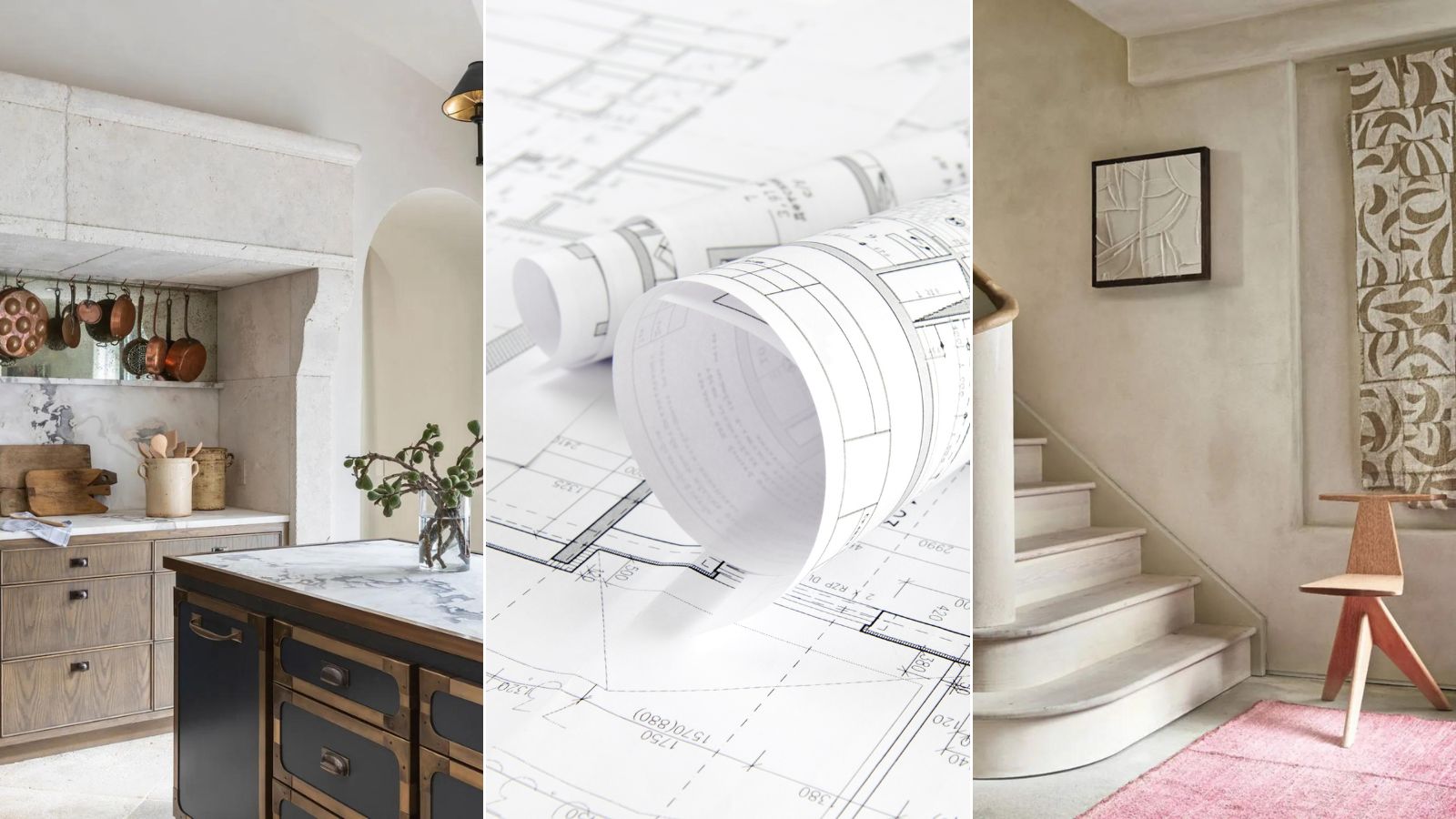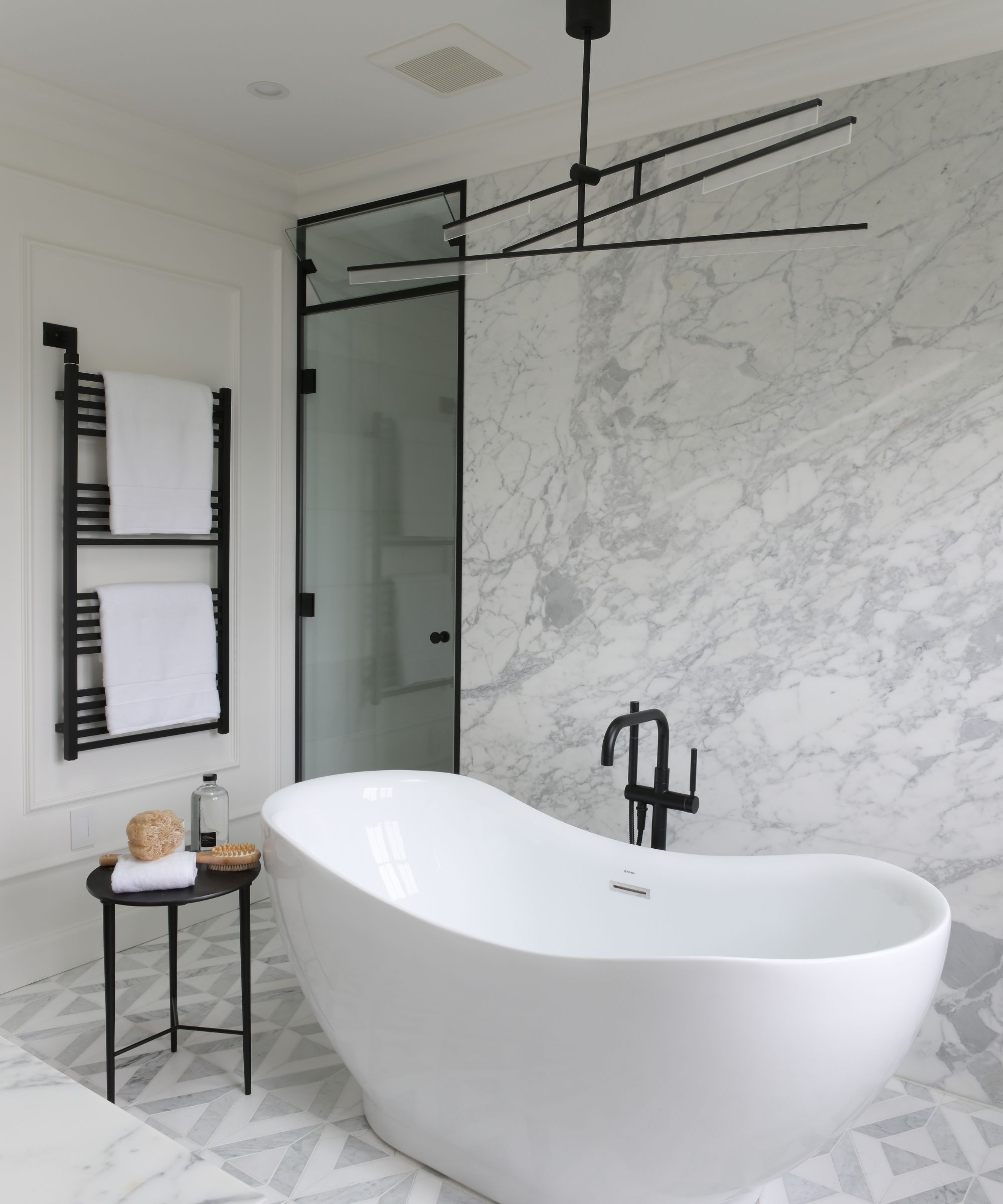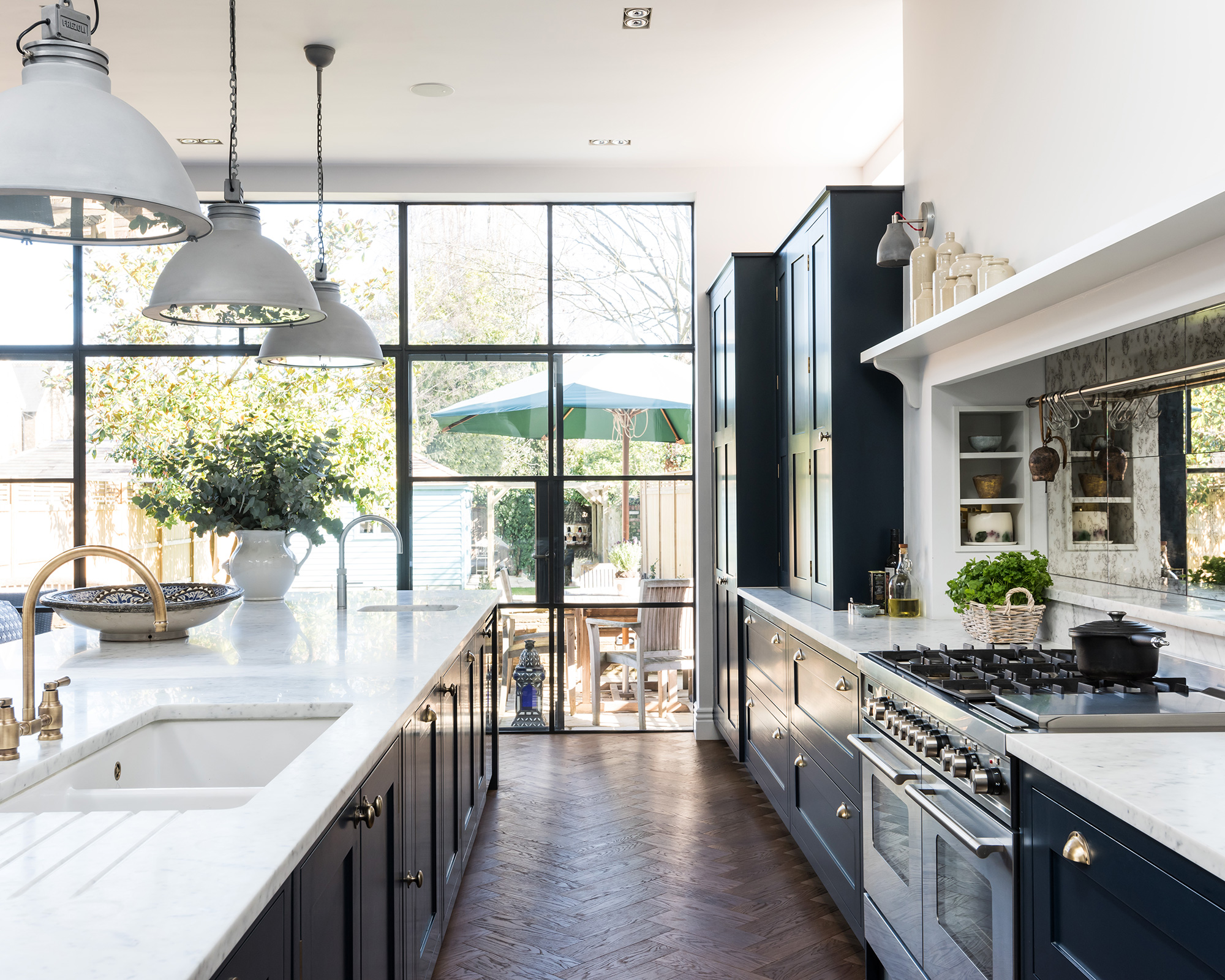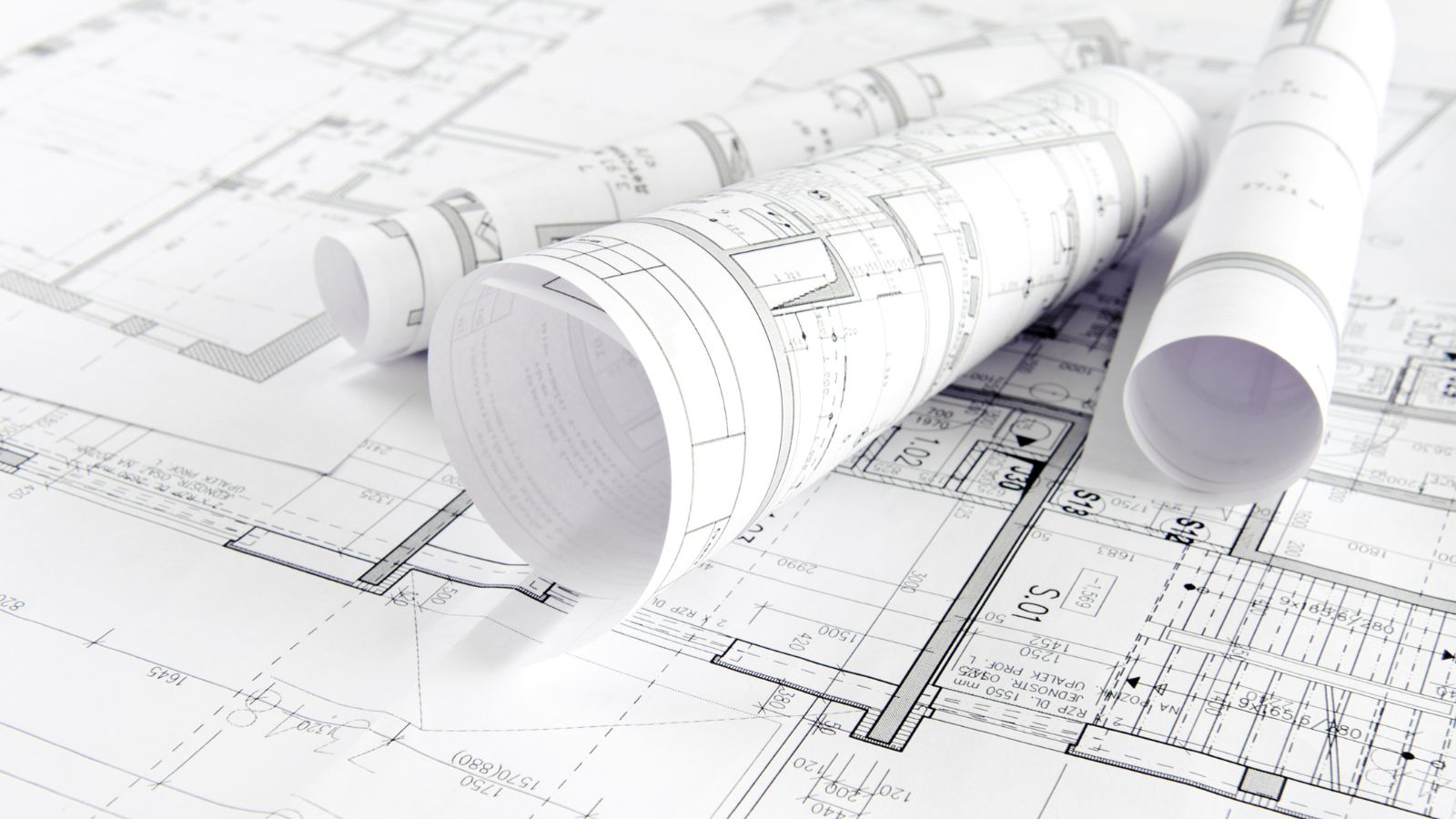9 questions to ask a contractor before you hire them for your home renovation
Get ready with some probing questions for your builders to be sure they're the best person for your home renovation project.


Design expertise in your inbox – from inspiring decorating ideas and beautiful celebrity homes to practical gardening advice and shopping round-ups.
You are now subscribed
Your newsletter sign-up was successful
Want to add more newsletters?

Twice a week
Homes&Gardens
The ultimate interior design resource from the world's leading experts - discover inspiring decorating ideas, color scheming know-how, garden inspiration and shopping expertise.

Once a week
In The Loop from Next In Design
Members of the Next in Design Circle will receive In the Loop, our weekly email filled with trade news, names to know and spotlight moments. Together we’re building a brighter design future.

Twice a week
Cucina
Whether you’re passionate about hosting exquisite dinners, experimenting with culinary trends, or perfecting your kitchen's design with timeless elegance and innovative functionality, this newsletter is here to inspire
When assembling your team of builders, it is essential to spend some time quizzing your contractors to make sure they are the right people for the job.
A renovation or remodel is probably the biggest financial investment you can make in your home after buying it, so you want to be sure the people you hire can deliver the improvements as you envisioned them on time and on budget.
You are also going to have a close working relationship with them for weeks if not months, so asking the right questions before they start will ensure it is a happy and positive experience for all.
Questions you must ask before you hire a contractor
When looking for a contractor, whether it’s for the whole or part of a project, always get between three and five quotes. You need to be sure you can afford their services, and to get a sense of who will be working on your home.
1. Are they licensed?

‘You will likely come across individuals who perform duties similar to a contractor but are not actually licensed to carry the credentials,’ warns John Coleman of Hardy Home DIY Solutions. Home Improvement and Contractor Licenses are issued by a state’s Department of Consumer Affairs and are proof of experience and ability.
‘You want to hire a contractor with an official license,' continues John. 'You may even request their license number. This request shouldn't offend a contractor because they worked hard to obtain it, and they know how important it is.’

John Coleman has over 20 years of experience performing home DIY projects and everyday home maintenance. He writes content for Hardy Home DIY Solutions, and collaborates with experts in the areas of home construction, remodeling, landscaping, and outdoor area planning.
2. Do they have insurance?
This is a non-negotiable must-have to give you, as the homeowner, peace of mind. Any contractor bidding to be hired must be covered by General Liability Insurance and Workers’ Compensation if something goes wrong, resulting in damage or injury on site. Ask to see a copy of their policy to confirm.
Insurance is different from a bond, which is a type of surety that can cover the bid, performance, and payment on a project and offers protection in case a contractor fails to complete the project or to meet the spec agreed.
Design expertise in your inbox – from inspiring decorating ideas and beautiful celebrity homes to practical gardening advice and shopping round-ups.
3. Have they got references?

‘Ask how much experience they have with schemes like yours,’ suggests Justin White, VP of Marketing at Overhead Doors. ‘Look for several years in the industry and expertise relevant to your particular project.
‘Ask to see a portfolio of their past work and for references, starting with recent clients. Call them and ask if they are satisfied with the contractor's work and professionalism. Did the project stay on schedule and budget? Were there any unexpected costs or setbacks? Would they hire the contractor again? Strong references are a good sign.’

Justin White is a contractor, garage remodel/installation expert, and VP of Marketing at Overhead Doors. He specializes in commercial and residential garage door sales, installations, and repair services, but is also an expert in DIY and home maintenance.
4. How long will the work take?
Try to get a clear timeline for when the work might start and be completed to keep your expectations realistic. Do they have other jobs on that might affect their availability to work on yours? What days do they work, and does that include weekends if they have to make up for lost time due to unforeseen circumstances?
How well will they communicate with you as the homeowner and keep you in the loop about whether things are on schedule?
5. Who is responsible for pulling permits and getting permissions?

‘Clarify whose responsibility this will be so there are no misunderstandings,’ says John Coleman. ‘Some areas may require a building permit and possibly written permission from the homeowners association (HOA). If these items are required, you should have them in hand before breaking ground on the project.
'Pulling permits or getting written permission will require a detailed project description with plans, layouts, and/or designs.’
6. How much will it cost?
‘Request a detailed project estimate and bid broken down by materials, labor, fees, etc.,’ says Justin White. ‘Compare bids across contractors to help select the right one. Make sure the contract states final payment will be contingent on passing a final inspection.’
7. Will they be using sub-contractors?
You need to know who will be in your house and when, and whether your contractors will be using an experienced team of workers whose backgrounds they’ve checked. Confirm whether these sub-contractors are also licensed and insured.
This will also establish whether you will be required to hire other workers for some parts of the project – such as electricians or plumbers.
8. How would they like to be paid?
Though you should expect to make an initial payment before they start, you should never pay for the whole or even half of the project upfront. It would leave you compromised if they walk off the job, or worse, never turn up at all.
You need a contract of how much you will pay and when. These staggered payments, known as ‘draws’ will give the contractor money to pay for materials and the sub-contractors. The balance should be settled on completion.
9. What won’t they do?

Be sure of the full scope of the work that they are agreeing to. Will they clean up the site after they are done? Who is responsible for hiring skips to haul away the old building materials left piled up?
Will they replace the sod or do any landscaping after your yard has been reduced to a muddy mess during the course of the project? Don’t get caught off guard if these tasks aren’t specified in the contract.
When you're thinking about improving your home, it's wise not to let your ambitions exceed your budget when it comes to creating your dream space. Look at affordable projects that you can tackle that will not only make your home perfect for you and your family but also add value should you ever decide to sell.

Alison is a contributing gardens writer for Homes & Gardens, writing on a range of topics from plant care to garden design. She has recently landscaped the outside space of her Victorian home, replacing crazy paving and cracked slabs with new lawn, and is currently cultivating a fruit bed.